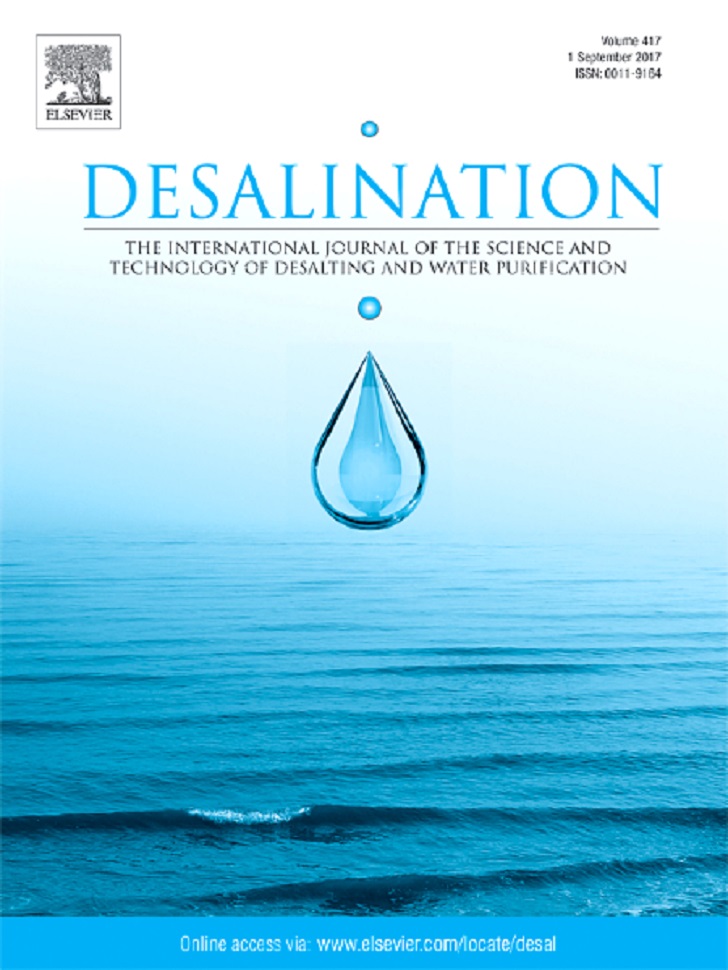
The research paper 'Hybrid technologies: The future of energy efficient desalination – A review' has been published in Elsevier journal Desalination (Volume 495, 1 December 2020, 114659).
Abstract
Further reduction in energy consumption is an attractive prospect for both well-established technologies such as reverse osmosis and electrodialysis, and for emerging desalination technologies struggling to reach commercialization. One way of reducing energy consumption and meeting target water demands is by playing on the strengths of two or more processes through hybridization. Other key objectives of hybridization include flexible operation, increased plant capacity and/or meeting specific water quality requirements.
Here, we provide a critical review of hybrid desalination systems, and methods used to optimize such systems with respect to these objectives. Providing a brief overview of current status and energy consumption in both mature and developing desalination processes, we review the advantages and challenges of hybridization of these processes to overcome limitations of standalone systems. For instance, coupling of electrodialysis with reverse osmosis helps overcome the low recovery of reverse osmosis systems. On the other hand, reverse osmosis can be coupled with membrane distillation for treatment of hypersaline feed solutions or for zero liquid discharge brine treatment. Forward osmosis relies on hybridization with a low-cost separation process to recover the draw solution. Some promising candidates for this have been nanofiltration and membrane distillation. Membrane distillation hybrids are suitable when thermal energy can be supplied at very low costs.
We also review the applicability of salinity gradient power technologies with desalination systems and identify gaps that need to be addressed for effective upscaling and implementation of such hybrid systems.

